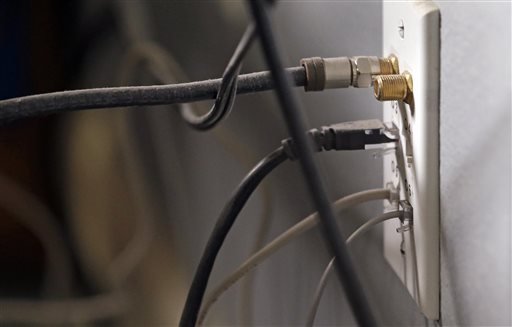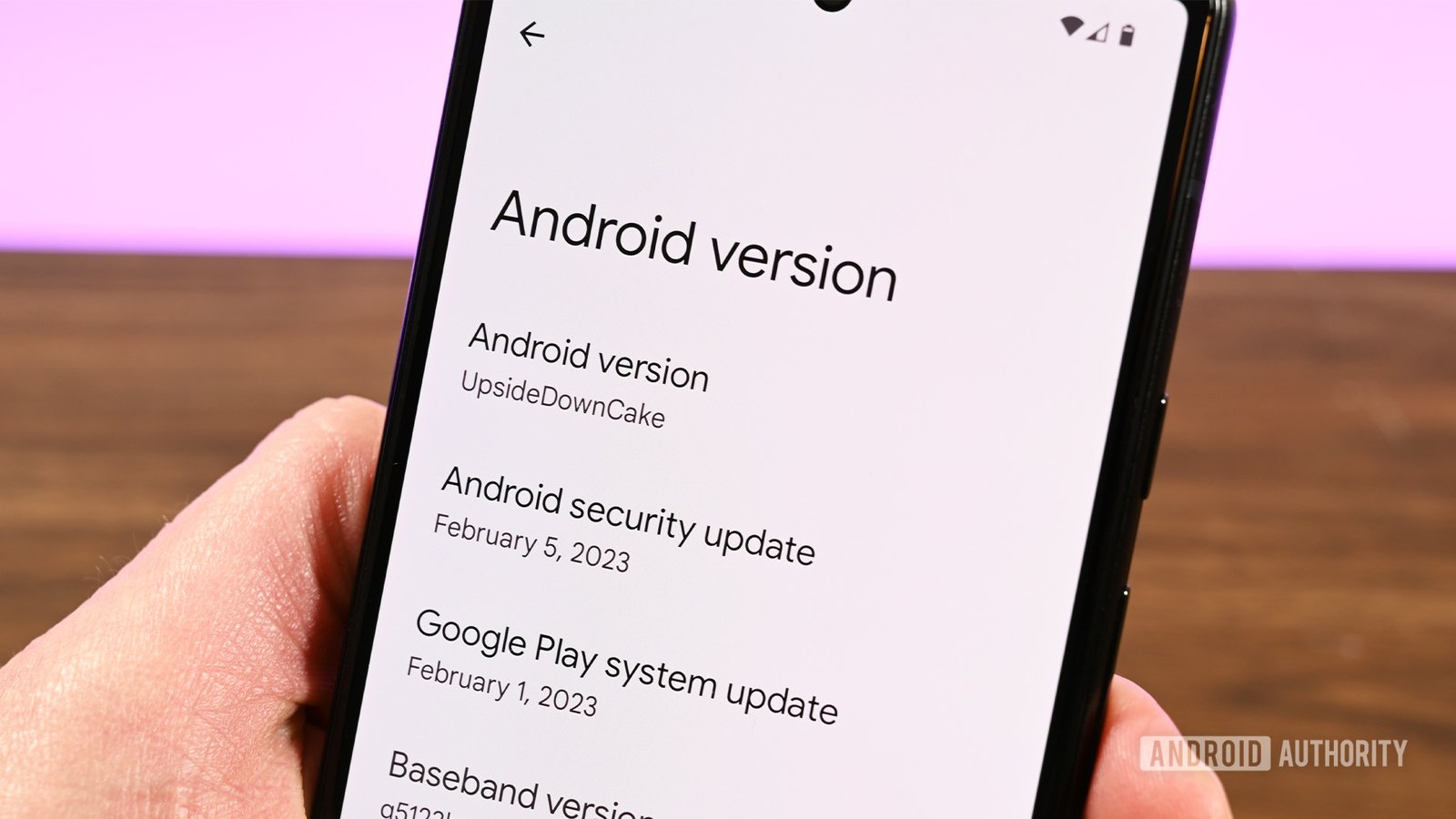
Joe Hindy / Android Authority
As I watched Apple’s WWDC keynote yesterday, I kept thinking about how cool it must be to have a bunch of new features to discover across all your devices in the span of a day. So many new things to delve into and so many possibilities unlocked with a whole new version of your phone, tablet, headset, computer and smartwatch operating systems. It’s almost like a geeky Christmas in June or later in the fall if you wait for the stable update to roll out.
Apple’s approach is fundamentally different from Google’s. New features are concentrated in major software updates, with only minor additions or bug fixes during the rest of the year. Google, on the other hand, always rolls out incremental updates. So much so that the yearly releases of the Android version seem less and less important with each passing year.
Google: always repeated, rarely surprising
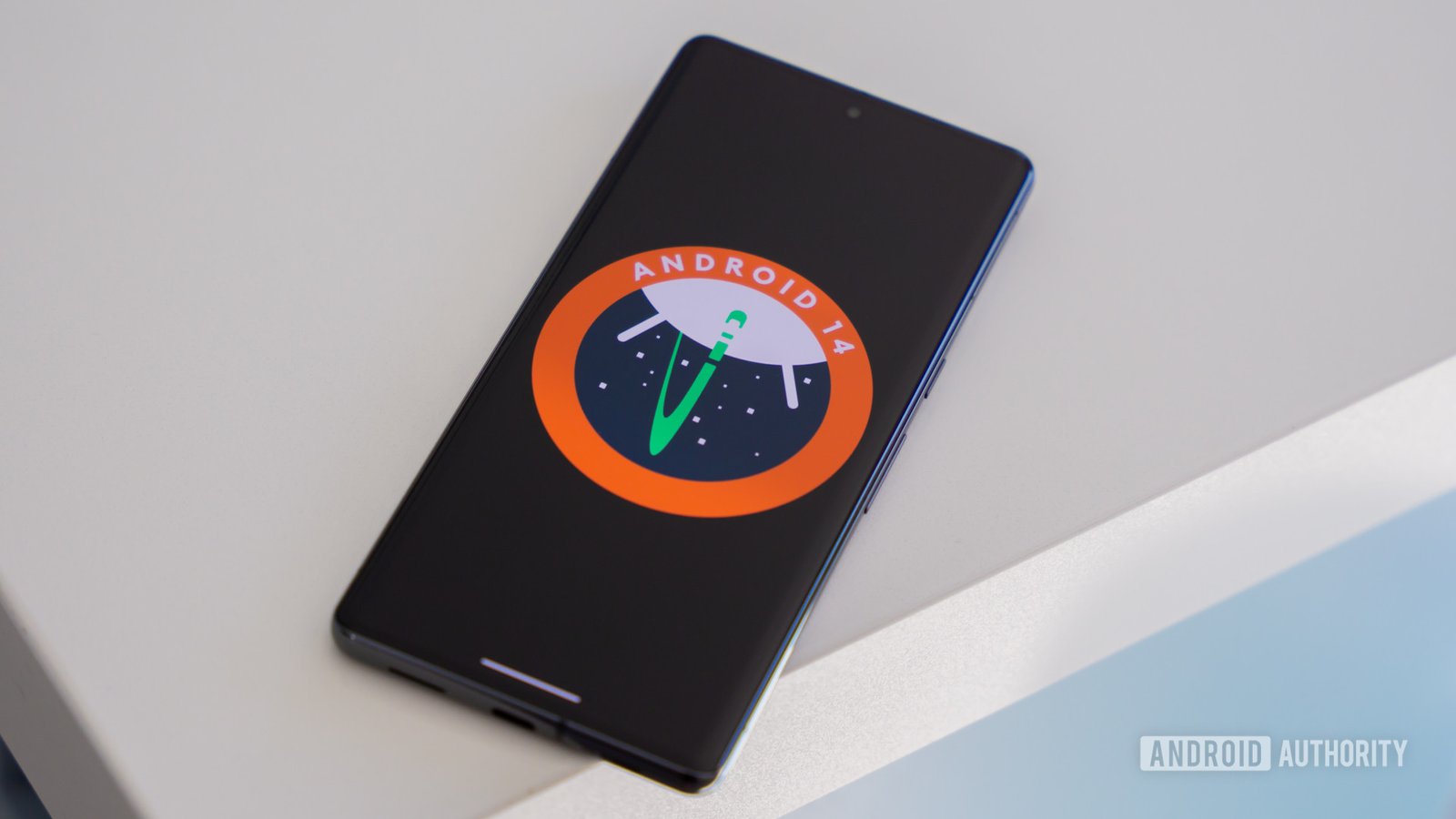
Edgar Cervantes / Android Authority
Are you excited about Android 14? I know I’m not. There are no specific additions that hook me as a must-have, and even after trying the beta, I’m struggling to name one Android 14 feature that jumped out at me in my day-to-day use. All I got out of that Android 14 beta were bugs, really. The last time I saw a major change was with Material You in Android 12.
A new version of Android is just a sliver of all the updates you get on your phone and across Google’s ecosystem of services and devices.
However, limiting Android development and innovations to the annual release would do the entire platform a disservice. A new version of Android is just a sliver of all the updates you get on your Android phone and across Google’s ecosystem of services and devices. New features are always appearing thanks to frequent updates of various Google apps, behind-the-scenes Play Services releases and Google Play system updates, and monthly security patches. Not to mention the quarterly Feature Drops, which notably bring something new to Google’s Pixel phones.
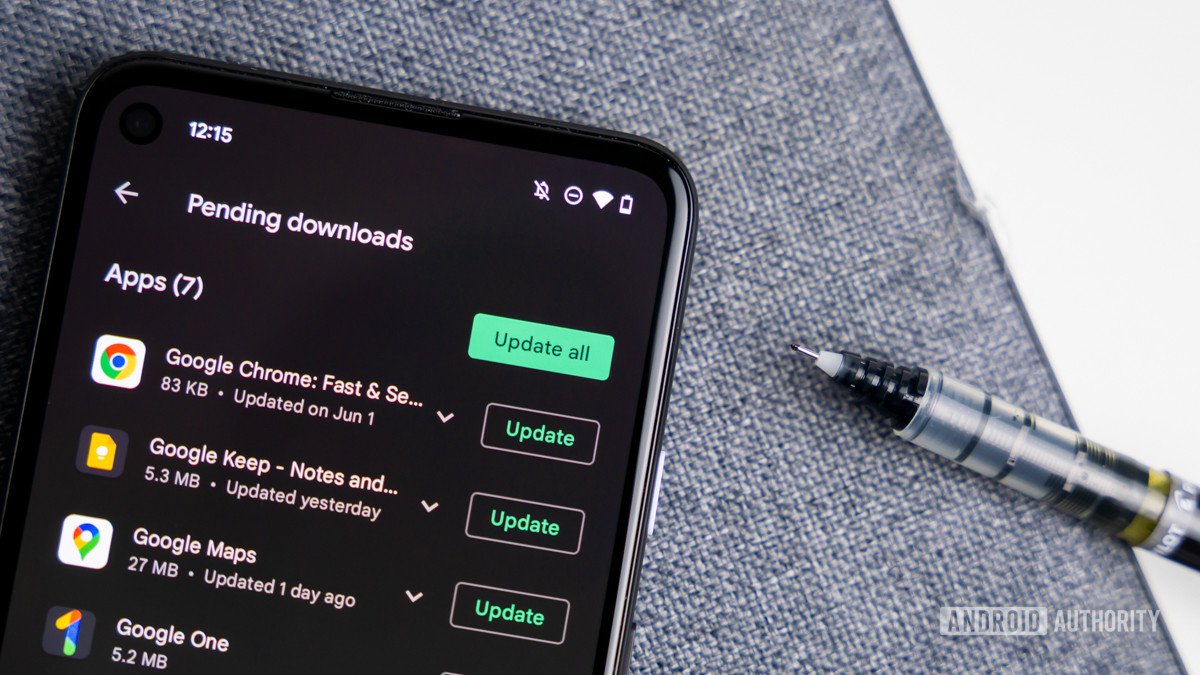
Edgar Cervantes / Android Authority
Android updates are less surprising because we don’t get them in a day. They come to us for a whole year in various forms, so much so that we have a little difficulty keeping them under control. Add in server-side switches and phased rollouts and I often have a hard time remembering what Google has announced, whether it’s live or not, and when/if it’s coming.
At least once every two weeks, I’ll spot a new behavior or feature in a Google app that I had no idea about. Some apps like YouTube handle this well by providing prompts to explain what changed and how. Others, not so much. The result? Sometimes that’s a nice change; other times, a bewildering one that requires me to rethink the way I do things. Oh, Chrome does tab groups now? Wait, when did Gboard change its toolbar? Dang, is Assistant pulling third-party notes and list providers?!
Since I follow Google closely, I never get bored, but it never massively surprises or delights me.
Google always repeats, always. Since I follow the ecosystem very closely, I’m never bored but also never hugely surprised or delighted. It’s like I have a year-round secret Santa with a mission to do something new every day, no matter how it might make me feel. He’ll get me a piece of chocolate one day, move my desk a foot the next, take my pen away the next, then get me a new mousepad. I just get used to his incessant messing with my life, knowing that, on balance, the positives will outweigh the negatives.
Apple: Yearly treats between longer breaks

Apple takes the opposite route. Updates are treated as major changes and are often rolled out during the annual deluge of iOS, iPadOS, watchOS, tvOS, and macOS release updates. Some features sneak in the rest of the year, but they’re few and far between.
If you’re all-in with the Apple ecosystem, you’re in for a high-octane couple of days with dozens, if not hundreds, of additions and new features to explore, test, and see what fits your daily use. I still find it absolutely astounding, however, that I need a whole OS upgrade to get a new version of Apple Contacts or Maps.
Apple’s approach is strongest on one day of the year, but most invisible during the other 364 days.
This method is also much more transparent with users. Beyond the surprising array of announcements during the WWDC keynote, you know what to expect. Few things will baffle you in your day-to-day use because Apple keeps its interface much more stable across different OS versions. There is less experimentation and flip-flop decisions on interface elements.
All in all, this way of dealing with software updates is certainly most impactful on that important day of the year but most invisible during the other 364 days. Apple is the Secret Santa who gives you a big present once a year and then more or less leaves you alone.
Who does it best?
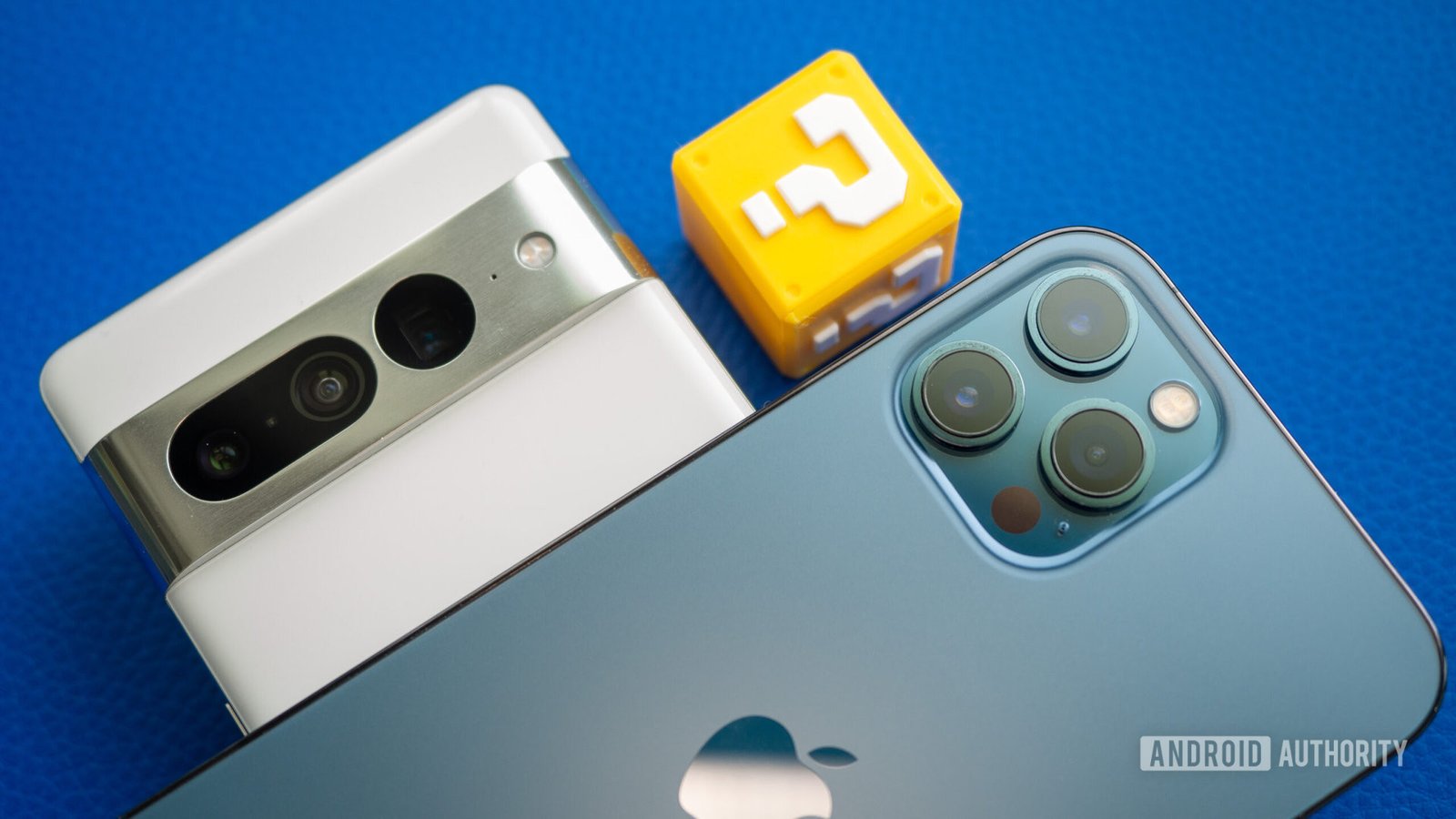
Rita El Khoury / Android Authority
Ultimately, I think we’ve been pretty lucky to have both of these strategies in our modern world. You can choose what to prioritize more Google’s ever-changing landscape with incremental updates or Apple’s leaps forward interspersed with long moments of silence.
Which upgrade strategy do you prefer?
31 votes
Personally, I have a Pixel 7 Pro, Pixel Buds Pro, a Pixel Watch, plus an iMac and iPad Air. My tech life is a balance between constant change on the first three and more stability on the last two. And as a tech writer, I always have something new to discover and write about, which is, quite frankly, the raison d’être of my job. If I had to pick one, I’d favor Google’s approach because I hate to get bored, but I still appreciate the Yin and Yang that Apple brings to the equation.
#Googles #Incremental #Updates #Apples #Annual #Update #Festival


